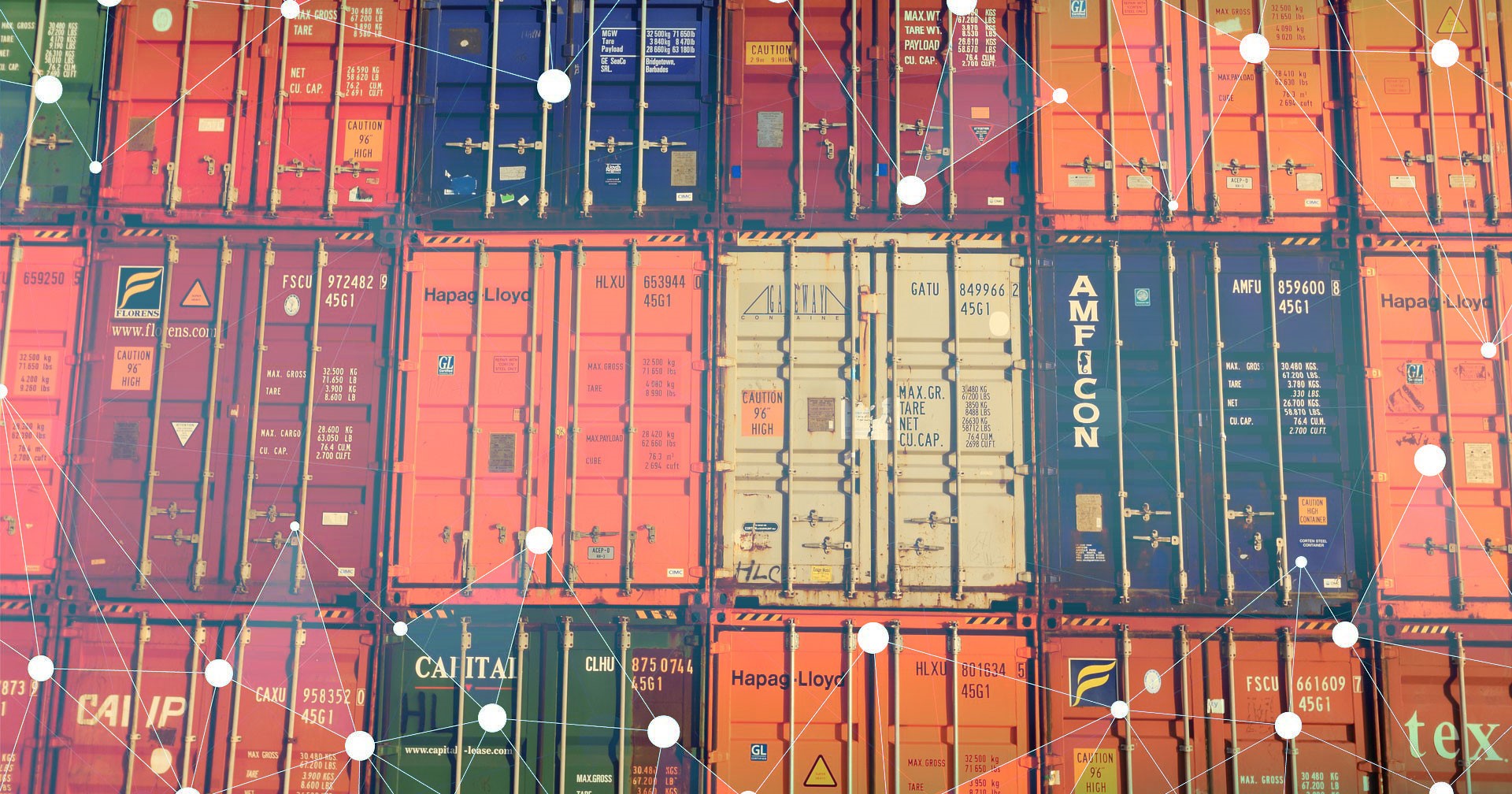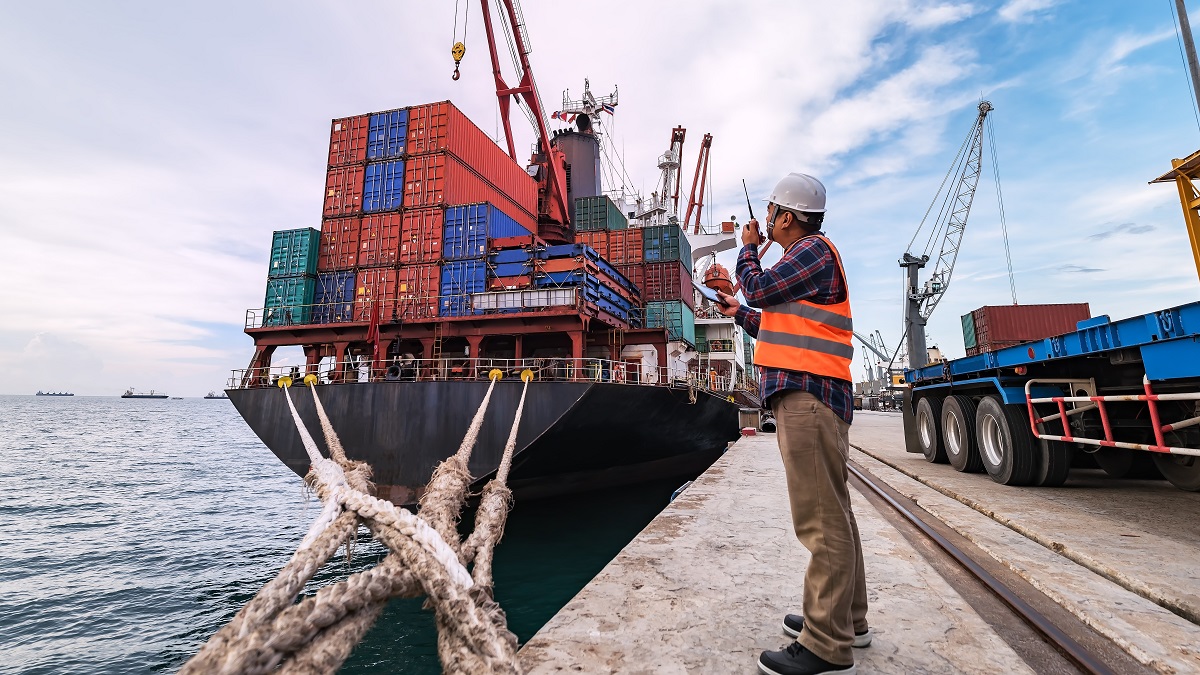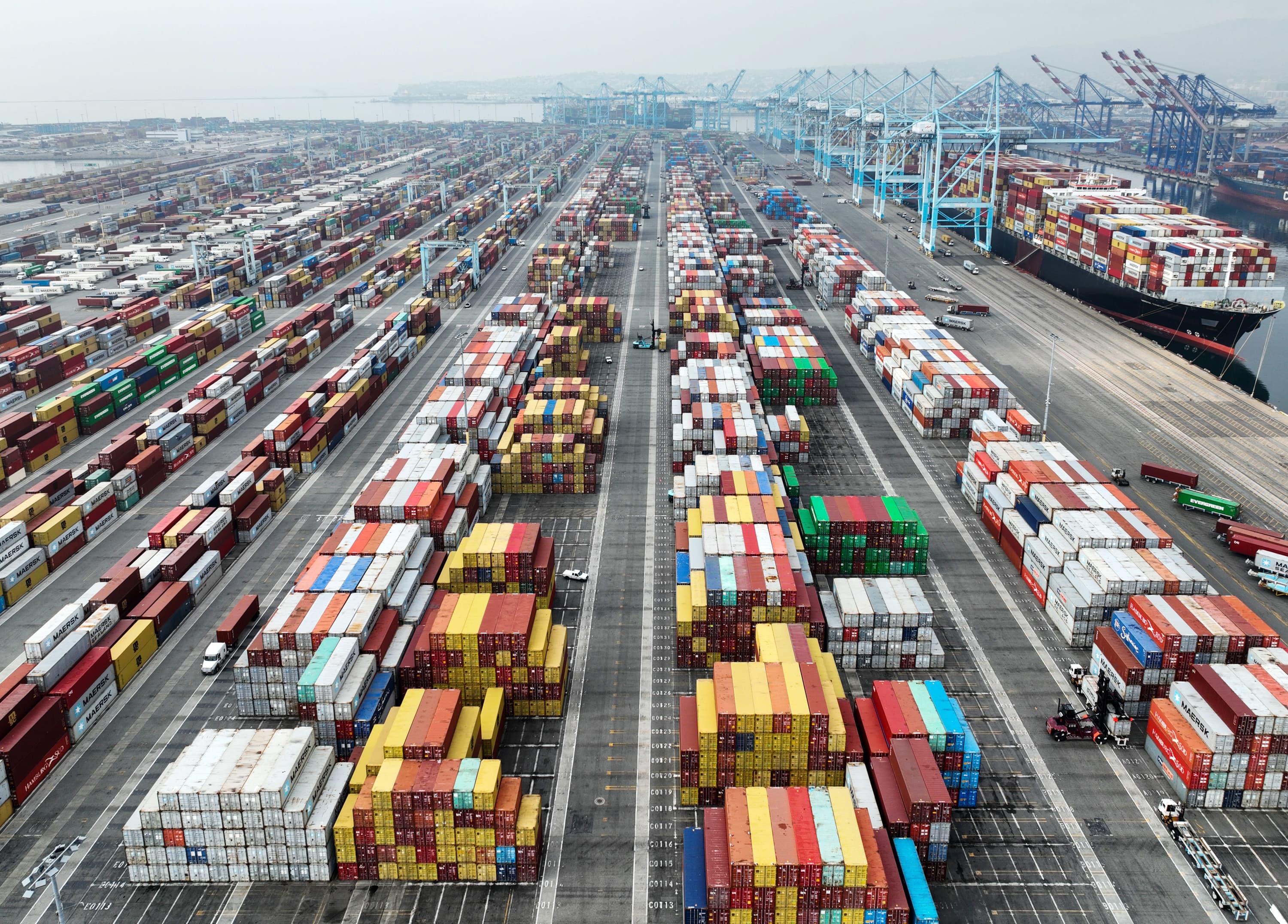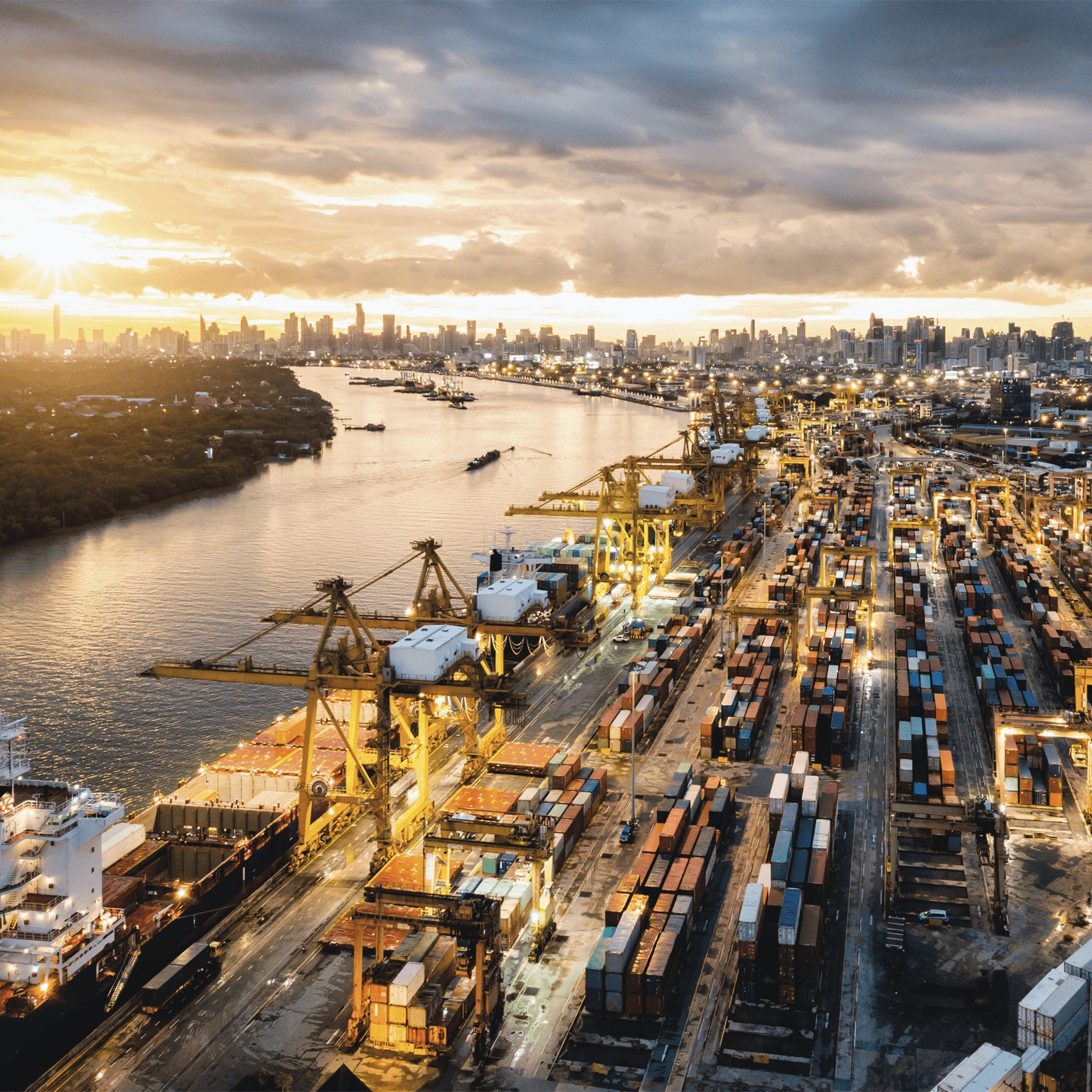Logistics will be disrupted by technology more than ever in 2022

Logistics will be disrupted by technology more than ever in 2022
Globally, the past two years have been extremely difficult for practically all business sectors. Almost every business has been negatively impacted by the Covid-19-related limitations. The sector that is regarded as the foundation of all other sectors did not make an exception either. Supply chain and logistics are that sectors. The efficient operation of the logistics function is necessary for the procurement of raw materials and the delivery of completed goods.
Due to a few issues brought on by technology, the logistics sector has not been functioning up to par. As more individuals were confined to their houses during the restrictions and lock-downs, there was a little increase in the demand for specialist goods. Demand brought on by the epidemic has made the world’s supply systems and logistics ineffective.
Major pause in logistical operations

The stringent constraints that had been placed on the logistics functions internationally are one of the main causes of disruption in logistics. Transport by land, air, and sea had been halted by the local administrations. There were still limitations in place in other regions even after certain lockdowns were removed. The logistics operators are compelled to stop all operations as a result of the ensuing turmoil and mayhem. The combined suffering of the entities and logistics providers increased the demand for the movement of the goods. Companies are still having trouble filling the gaps and clearing the bottlenecks.
A blow to “quick-delivery” companies

The idea of rapid delivery has gained significant traction in recent years across practically all industries. Customers are guaranteed faster delivery of the bought product to their door with the growth of e-commerce and online sales. In reaction, customers likewise want all things quickly and are willing to pay more for expedited shipping and customer care. Nevertheless, the COVID limits prevented this from occurring as anticipated. Large elements of the activities of logistic operators had to be shut down. Although rapid commerce has also raised the bar for customer expectations. The logistics business is still not back to normal, even after two years.
Problems resulting from technology for 2022
The scarcity of microchips is one of the most recent and unanticipated problems that humanity has faced. The difficulties the logistics sector has faced over the past few years have led to this. Nobody had ever anticipated a shortage of this magnitude to affect nearly every business. Microchips and semiconductors were necessary for every piece of electronic equipment, from a digital watch to a spacecraft.
All of the sectors supporting technology-driven goods have been hurt by the stagnant market for products and, in particular, by the damage semiconductor supply chains have sustained. It has spiralled out of control. Logistics is in a deep crisis to get out of the “red” when there is a scarcity in the manufacture of electronic items.
Over the next five years, the logistics industry is expected to increase at a CAGR of more than 10% and reach $370 billion.
Given the significant investments that were made in it in 2021, the logistics industry in India is beginning 2022 on a positive note. Next year, the pattern is probably going to continue as well.
Including big, medium, small, and tech-driven businesses, the flow of private equity and venture capital (PE-VC) investment in logistics companies increased by 50% in 2021. Over eight million people are employed in the Indian logistics industry, which has a nearly 15% GDP contribution to the national economy.
Fund flow
Large logistics firms including Delhivery, Shiprocket, TVS Supply Chain Solutions, and Adani Ports have benefited from PE-VC investment in 2021. Asset-light technology-led firms including RAAHO, RaRa Delivery, Shiprocket, ElasticRun, and FarEye, as well as intra-city truck marketplace Porter, received significant financing.
The 50% year-over-year rise in funding value is indicative of expanding growth prospects for existing businesses. According to Arun Natarajan, founder of Venture Intelligence, the ongoing growth of e-commerce draws investors to specialized companies like Delhivery, which is getting ready to go public, as well as other technology-driven businesses that help boost efficiency for different stakeholders. The industries that have excelled in enabling consumption, raising the bar for technology, and connecting supply and demand are logistics and transportation, including e-commerce. The sector benefited greatly from a focus on cost competitiveness with quality, speed of service with innovations, and investments.
A year of partnerships
It appears hopeful for 2022. The logistics industry will undoubtedly see significant upheaval and change. According to Venkat, the PPP age would see government, business, and academic institutions work together to develop technologies that will optimize demographic dividends and raise valuations.

In the last five years, according to Anjani Mandal, CEO of Fortigo Logistics, a number of external variables have combined to create the ideal climate for the disruption and reconstruction of the logistics sector using technology. Every facet of the supply chain, including warehousing, medium- and long-distance primary movement, and last-mile logistics, has been brought into sharper focus during the past two years as a result of the epidemic.
Due to the fast expansion of e-commerce and the strong shift towards direct-to-consumer marketing, the last-mile and warehousing sectors have significantly increased in importance within the logistics industry (D2C). According to Mandal, even major consumer brands have begun implementing their own D2C strategies to ride the e-commerce trend.
The logistics industry is anticipated to increase at a CAGR of more than 10% during the following five years, reaching $370 billion. The road transport sector of this is worth $250 billion. According to Nilesh Ghule, co-founder and CEO of TruckBhejo, 80% of all logistical expenditures are directed toward the unorganized sector.
Quality required
Quality logistics are required for items to be transported to numerous areas swiftly and in a good manner in a developing country like India. This is due to the demand side, where several industry players who previously functioned offline switched to operating online, and as a result of the massive development of D2C businesses aiming to deliver the best ‘Made in India’ items right to consumers’ doorsteps.
According to a research report created by Motilal Oswal, the logistics industry is about to undergo a transformation driven by reforms like GST and e-way, the development of supporting infrastructure, and a shift in the perception of logistics as more than just transportation and warehousing but as a specialized function, evolving consumer demands, and the emergence of tech-driven operators in this space who are quickly capturing market share.
Going ahead

Businesses are beginning to understand how crucial it is to have an effective logistics system and how crucial technology is in bringing about the necessary transformation. As a result, substantial investments are being made in the industry despite the recession in the global economy, and this trend is predicted to continue.
Automation in the form of guided vehicles, smart robots, wearables, drones, machine learning, and artificial intelligence (AI) are driving disruption in logistics.
There is still a great deal of territory to cover, and when innovations happen, they will provide the struggling logistics industry with options. To close the significant gap that is formed in the logistics sector, new and cutting-edge tech-based solutions are necessary. The answers must come more quickly and in response to the issues. However, difficulties will continue to exist in international sectors and are here to stay. According to some predictions, the discrepancies between supply and demand would continue to exist for the following several years.
edited and proofread by nikita sharma




